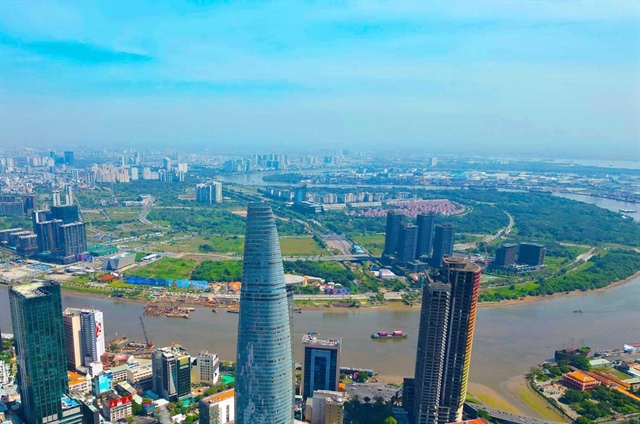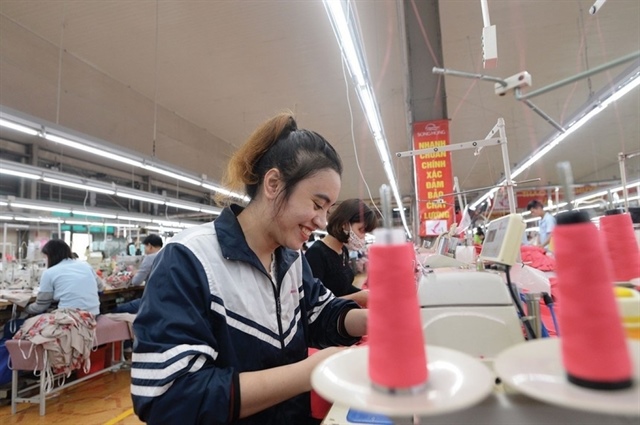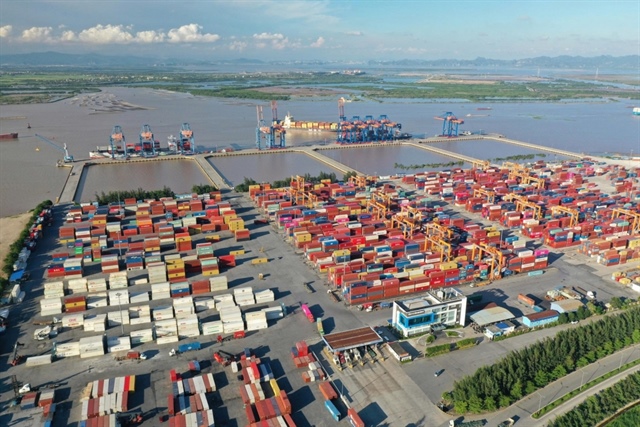Vietnam not most attractive retail market, but remains very potential
Vietnam not most attractive retail market, but remains very potential
Vietnam has delisted from the most 30 attractive retail markets in the world in the latest report released by A.T Kearney. However, it remains the market with great potentials in the eyes of retailers.
Experts believe that Vietnam has fallen from its position as one of the most 30 attractive markets in the world because of some trade barriers, including the ENT mechanism (economic needs test), the high real estate prices and high bank loan interest rates.
Tran Nguyen Nam, Deputy Director of the Domestic Market Department under the Ministry of Industry and Trade said he was not surprised by the news, even though A.T.Kearney in 2008 recognized Vietnam as the most attractive retail market in the globe.
When being admitted to the World Trade Organization, Vietnam committed to open its retail market to foreign investors, while Vietnamese laws allow foreign retailers to set up 100 percent foreign owned retail enterprises. However, in fact, foreign investors are still facing a lot of barriers.
Nam said that Vietnam is striving to protect domestic distributors by restricting the presence of foreign retailers in Vietnam. Therefore, it is not a surprise at all if Vietnam is not considered the most attractive retail market in the world.
Though international retailers can enter Vietnam and easily set up their first retail points. However, they would have to ask for the permission to open and second and subsequent retail points. Local departments of industry and trade would consider a lot of factors to decide whether to license the subsequent retail points. The departments could refuse to grant licenses with the reason that the localities do not need more retail points, because the ENT mechanism allows them to do that.
In the latest “white book” about the business environment in Vietnam, Eurocham described ENT as a big trade barrier for foreign investors when approaching the Vietnamese market, because ENT has been interpreted and applied in different ways in different localities.
However, the Vietnamese government has insisted on the existence of the mechanism, saying that this is a necessary measure to protect the domestic retailers who remain weak in the competition with foreigners.
Nam thinks that the poor infrastructure and the overly high retail premises both have also made the Vietnamese retail market less attractive.
Pascal Billaud, General Director of Big C Vietnam, said the expenses on infrastructure items gobble up the biggest proportion in the total investment for a new supermarket. Meanwhile, Nguyen Thi Anh Hoa, the owner of CitiMart chain, said the retail premises rent accounts for 50 percent of the total expenses.
While the expenses are getting higher due to the expensive retail premises, the purchasing power has been decreasing significantly over the last few years due to the economic crisis.
Vietnam still deserves investments
However, Hoa has affirmed that the report by A.T.Kearney would in no way affect the foreign investors’ plans to penetrate the Vietnamese market.
Hoa has revealed that some foreign distributors attempt to penetrate into the Vietnamese market through CitiMart’s system. The same thing occurred some years ago with the retailers in Singapore.
It’s undeniable that the Vietnamese market, one of the most dynamic newly emerged economies in South East Asia, has great advantages to attract retailers. With the high economic growth rate of 7.3 percent which has been maintained for the last 20 years, the living standards have been improved considerably, which means that people nowadays spend more money on purchases.
According to Mr Pascal Billaud, modern retail channels just hold 20 percent of the total distribution market. The small proportion means big opportunities remain ahead for investors.
This explains why the existing distributors such as Big C, Parkson, Metro Cash & Carry, Lotte Mart, and Family have been trying to expand their chains, while more new big distributors, like Aeon and E-Mart, still attempt to set foot in Vietnam.
vietnamnet




















